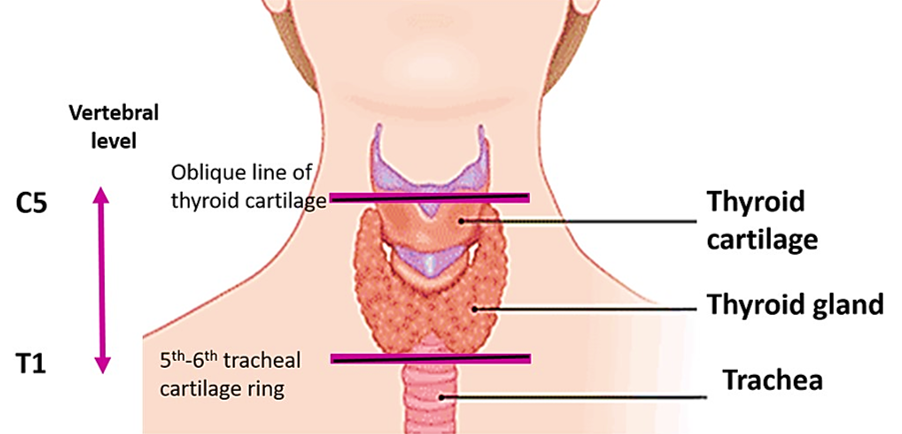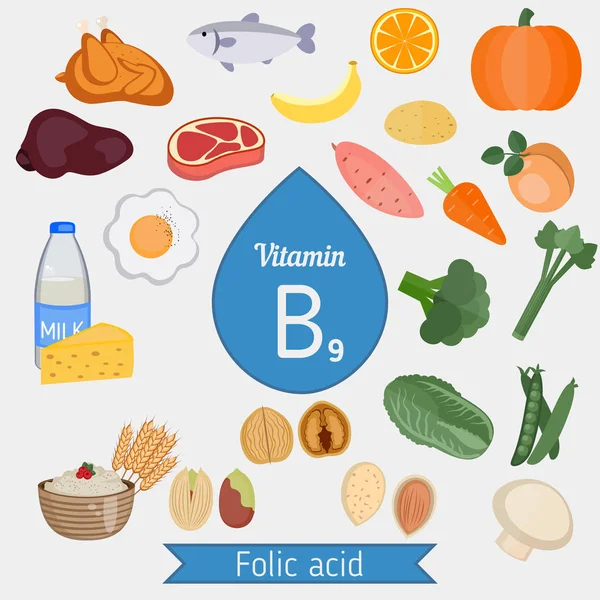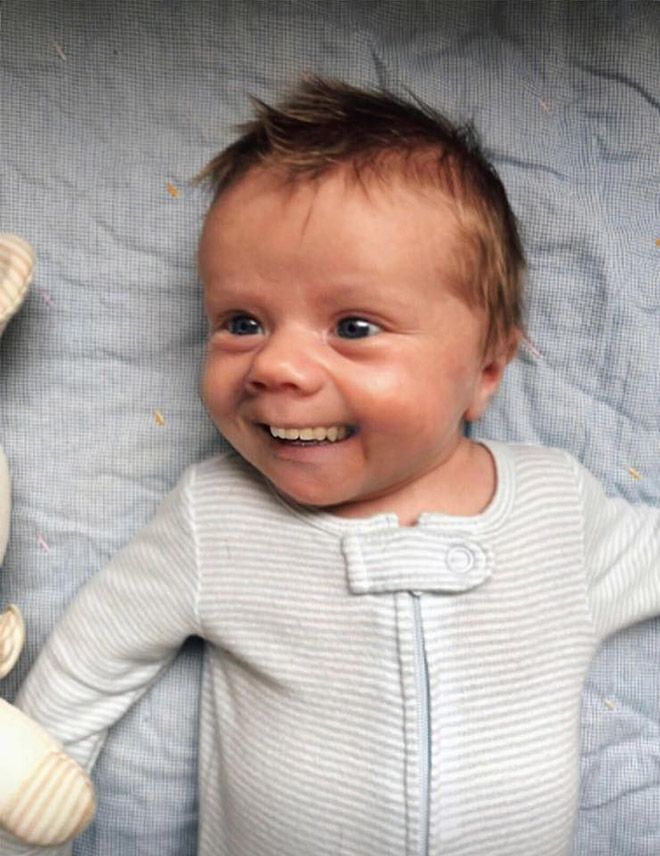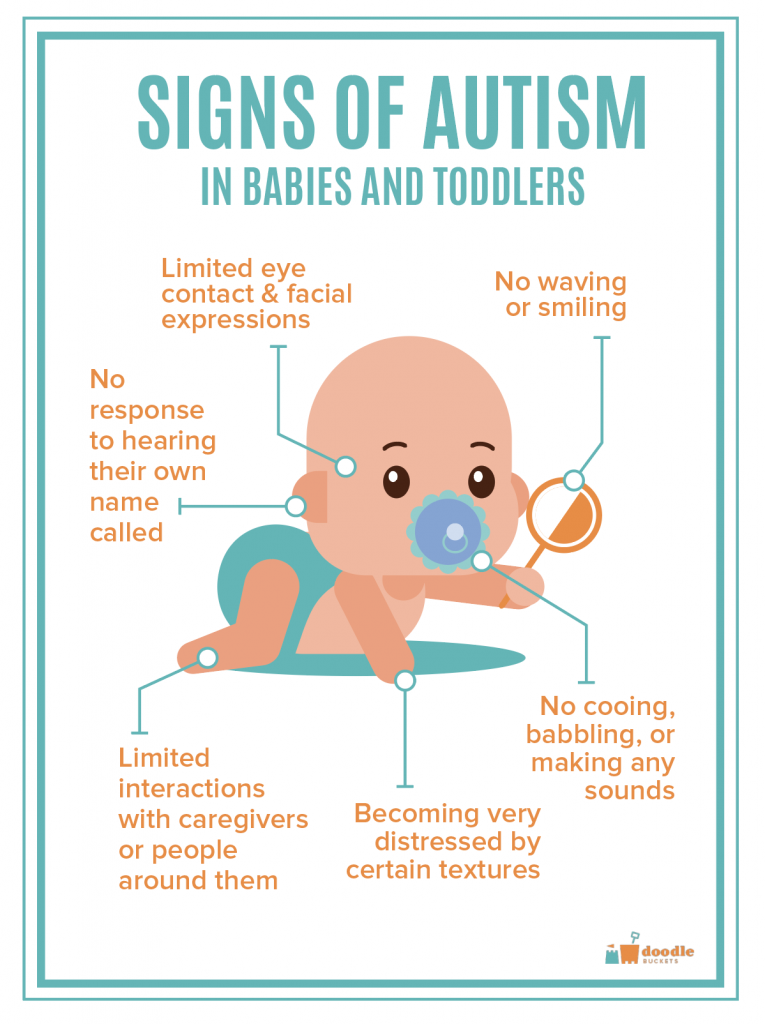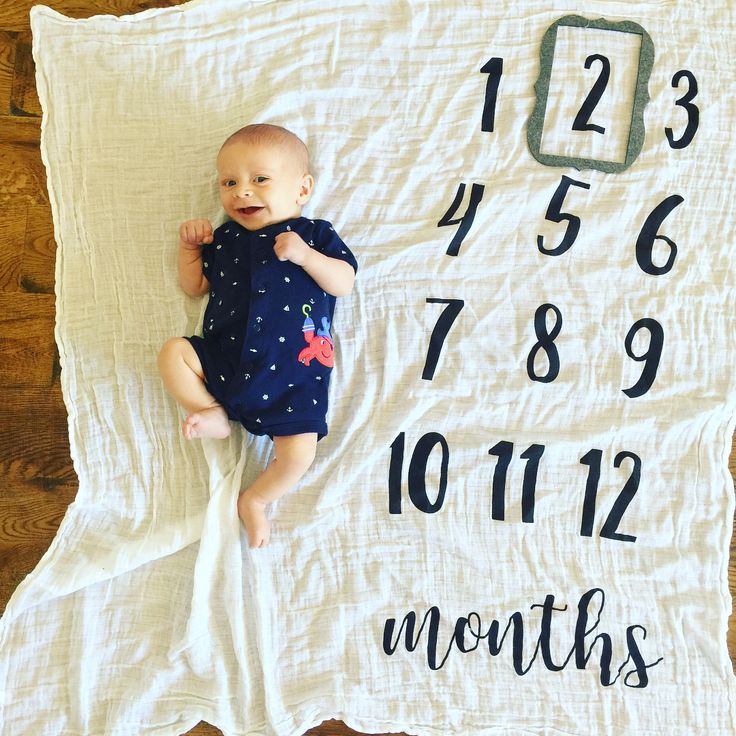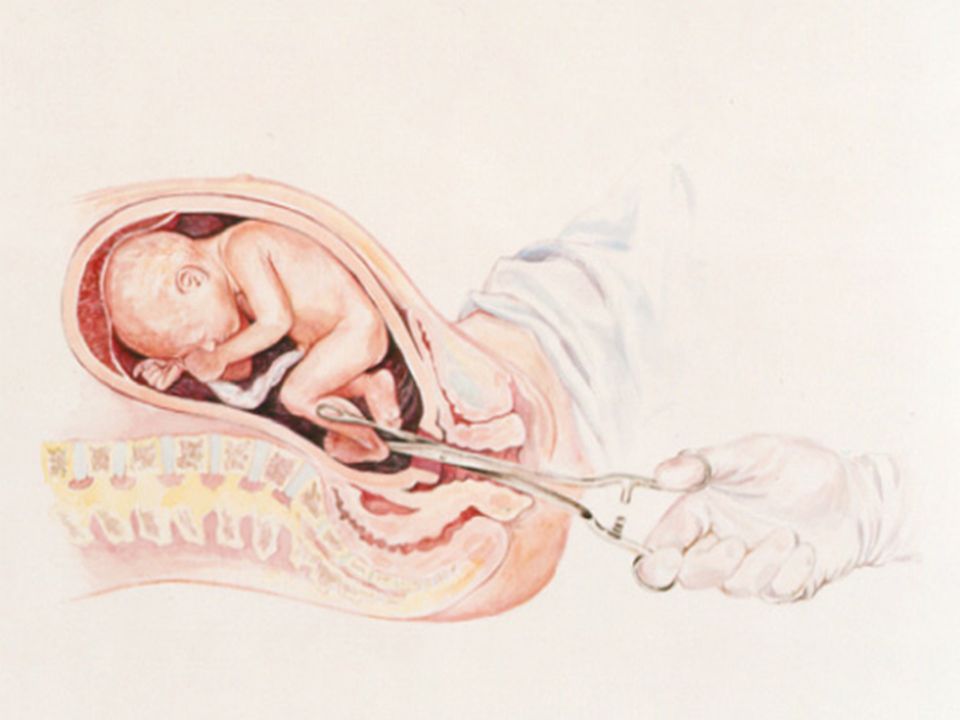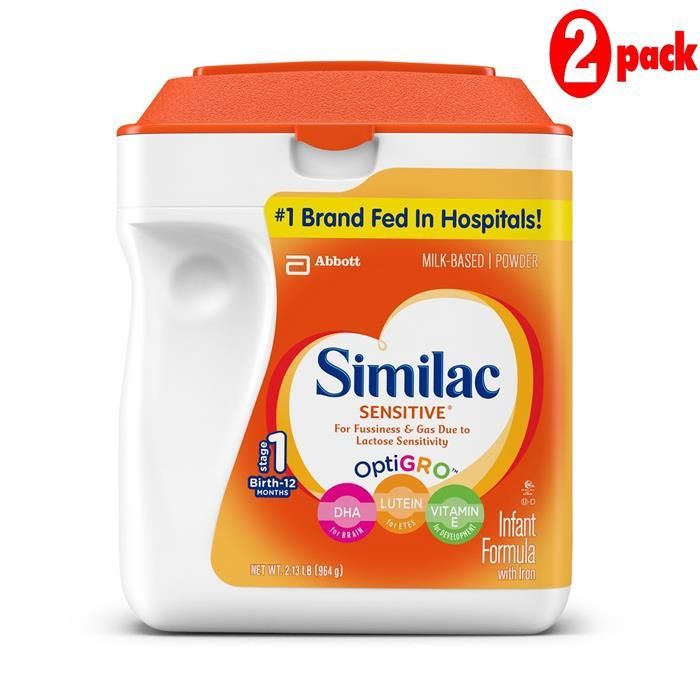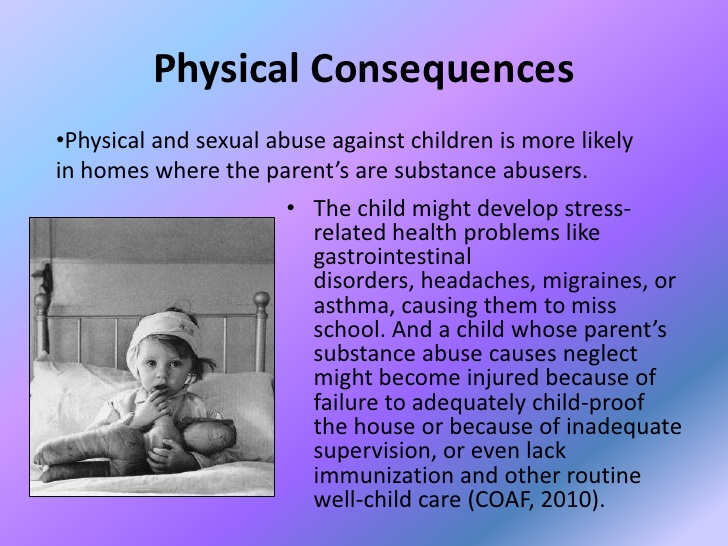Alcohol in the first few weeks of pregnancy
Alcohol and Pregnancy Questions and Answers
Q. What is a “drink”? What if I drink only beer or hard seltzer?A: Any type of alcohol use can affect your baby’s growth and development and cause FASDs. This includes all wines, beer, and mixed drinks. A standard drink is defined as .60 ounces of pure alcohol. This is equivalent to one 12-ounce beer or wine cooler, one 5-ounce glass of wine, or 1.5 ounces of 80 proof distilled spirits (hard liquor). Some drinks, like mixed alcoholic drinks or malt liquor drinks, might have more alcohol in them than a 12-ounce beer. There is no safe kind of alcohol. If you have any questions about your alcohol use and its risks to your health, talk to your health care provider. You can also visit CDC’s website on alcohol.
Q: Is it okay to drink a little or at certain times during pregnancy?A: There is no known safe amount of alcohol use during your pregnancy or when you are trying to get pregnant. There is also no safe time for alcohol use during pregnancy. Alcohol can cause problems for your baby throughout your pregnancy, including before you know you are pregnant.
FASDs are preventable if a baby is not exposed to alcohol before birth.
Q: I drank wine during my last pregnancy and my baby turned out fine. Why shouldn’t I drink again during this pregnancy?A: Every pregnancy is different. Alcohol use during pregnancy might affect one baby more than another. You could have one child who is born healthy and another child who is born with problems.
Q: If I drank when I was pregnant, does that mean my baby will have an FASD?A: If you used any amount of alcohol while you were pregnant, talk with your child’s healthcare provider as soon as possible and share your concerns.
You may not know right away if your child has been affected. FASDs include a range of physical and intellectual disabilities that are not always easy to identify when a child is a newborn. Some of these effects may not be known until your child is in school.
Some of these effects may not be known until your child is in school.
There is no cure for FASDs. However, identifying and intervening with children with these conditions as early as possible can help them to reach their full potential.
Q: Is it okay to drink alcohol if I am trying to get pregnant?A: You might be pregnant and not know it yet. You probably won’t know you are pregnant for up to 4 to 6 weeks. This means you might be exposing your baby to alcohol without meaning to.
Alcohol use during pregnancy can also lead to miscarriage and stillbirth.
The best advice is to avoid any alcohol use when you start trying to get pregnant.
Q: If a woman has an FASD, but does not drink during pregnancy, can her child have an FASD? Are FASDs hereditary?A: FASDs are not genetic or hereditary. If a baby is exposed to alcohol during pregnancy, the baby can be born with an FASD. But if a woman has an FASD, her own child cannot have an FASD, unless she uses alcohol during pregnancy.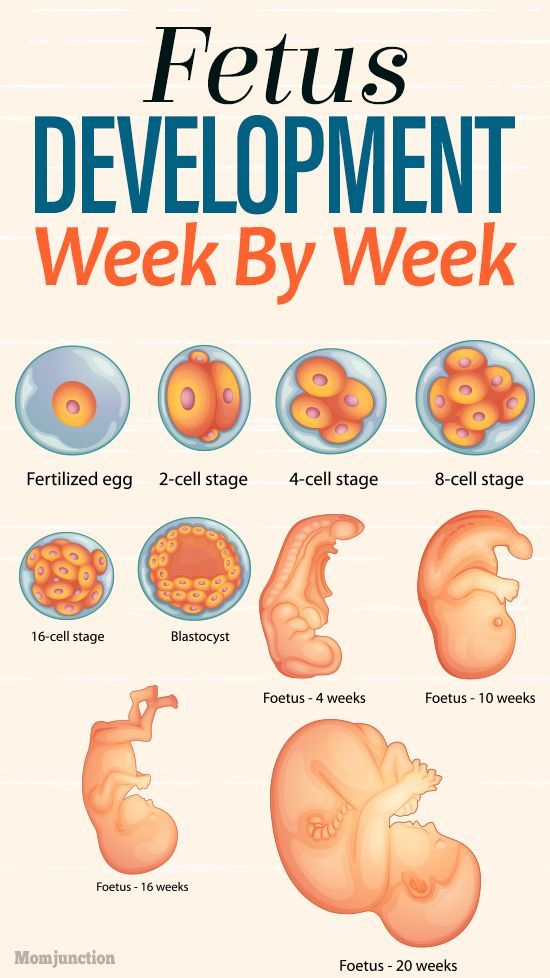
A: How alcohol affects the male sperm is currently being studied. Whatever the effects are found to be, they are not fetal alcohol spectrum disorders (FASDs). FASDs are caused specifically when a baby is exposed to alcohol during pregnancy.
However, the father’s role is important. He can help the woman avoid alcohol use during pregnancy. He can encourage her to abstain from alcohol by avoiding social situations that involve drinking. He can also help her by avoiding alcohol himself.
Q: I suspect my child might have an FASD. What should I do?A: If you think your child might have an FASD, talk to your child’s doctor and share your concerns. Don’t wait!
If you or the doctor thinks there could be a problem, ask the doctor for a referral to a specialist (someone who knows about FASDs), such as a developmental pediatrician, child psychologist, or clinical geneticist. In some cities, there are clinics whose staffs have special training in diagnosing and treating children with FASDs. To find doctors and clinics in your area visit the National and State Resource Directory from FASD United (formerly NOFAS).
In some cities, there are clinics whose staffs have special training in diagnosing and treating children with FASDs. To find doctors and clinics in your area visit the National and State Resource Directory from FASD United (formerly NOFAS).
At the same time as you ask the doctor for a referral to a specialist, call your state or territory’s early intervention program to request a free evaluation to find out if your child can get services to help. This is sometimes called a Child Find evaluation. You do not need to wait for a doctor’s referral or a medical diagnosis to make this call.
Where to call for a free evaluation from the state depends on your child’s age:
- If your child is younger than 3 years old, Call your state or territory’s early intervention program and say: “I have concerns about my child’s development and I would like to have my child evaluated to find out if he/she is eligible for early intervention services.
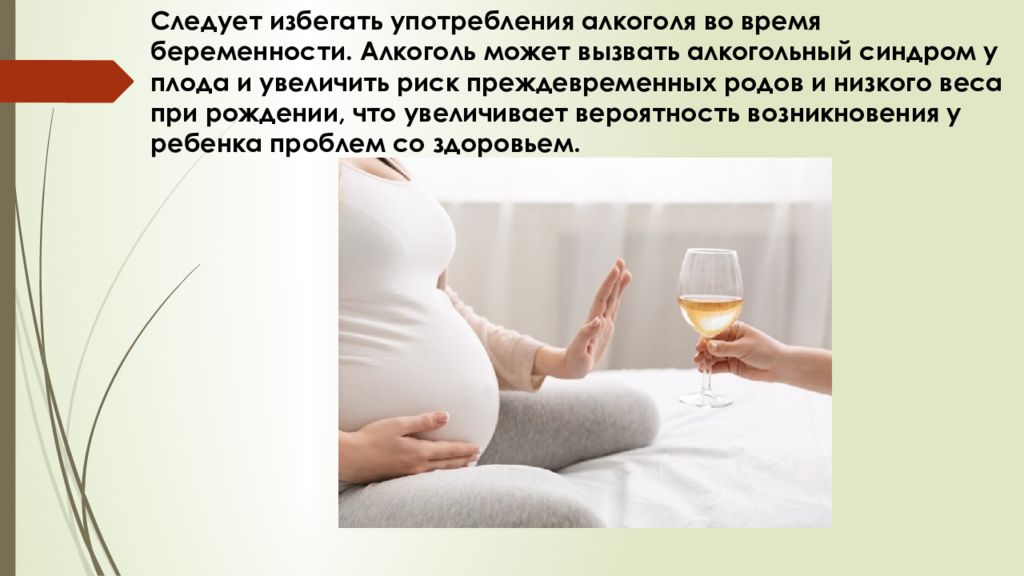 ”
”
Find your state’s early intervention contact information here.
Learn more about early intervention » - If your child is 3 years old or older, contact your local public school system.
Even if your child is not old enough for kindergarten or enrolled in a public school, call your local elementary school or board of education and ask to speak with someone who can help you have your child evaluated.
Learn more about this process »
Drinking Alcohol While Pregnant in First 3 Weeks: Is It Safe?
It happens. Perhaps you went off birth control a few months ago to try for a baby, but weren’t expecting to get pregnant so soon. You did cut back on alcohol to up your chances of conceiving, but you continued having a glass of wine here and there.
Or maybe you weren’t trying to get pregnant at all, and it came as a surprise when you realized that your period was over a week late. Now you’re looking at two pink lines on a home pregnancy test and freaking out about the night out with your girlfriends that you enjoyed a few days ago.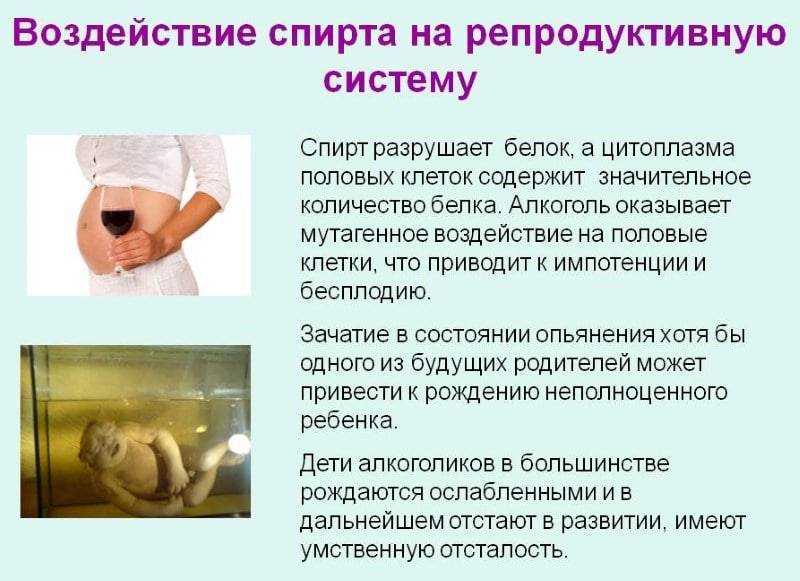
Maybe you’ve even known for a couple weeks that you’re pregnant, but you went ahead and toasted the bride and groom at a recent wedding because your friend told you small amounts of alcohol so early in pregnancy don’t do any harm.
Whatever the case, you’re now worried and want to know what damage, if any, drinking in very early pregnancy can do.
First off, take a deep breath and let go of any guilt or shame that you feel about the past. You’re in a no-judgement zone here. Next, continue reading to learn what the side effects can be — and most importantly, what you can do to ensure good health for you and your baby moving forward.
At the very top of its alcohol and pregnancy information sheet — and in bold type, no less — the Centers for Disease Control and Prevention (CDC) advises that women who are trying to become pregnant or could be pregnant shouldn’t drink.
Why? It’s not really about the harm done by what you drink before you’re even pregnant (though this may affect your ability to conceive). It’s that no amount of alcohol at any point in pregnancy has been absolutely proven to be safe.
It’s that no amount of alcohol at any point in pregnancy has been absolutely proven to be safe.
Since you can be pregnant without knowing it, the CDC is covering the possibility that you’re in the earliest stages of pregnancy — 3 or 4 weeks, often even before your missed period. (Many people don’t know they’re pregnant until they’re already 4 to 6 weeks.)
Like the CDC in the United States, the NHS in the United Kingdom says that if you’re pregnant or planning to become pregnant, avoid alcohol.
Truly specific research around drinking alcohol in very early pregnancy is pretty tricky. That’s because it would be unethical to put together a study and actually request that any segment of the pregnant population do something (drink alcohol) known to cause harm even some of the time.
What we do have: research that looks at people who self-report alcohol use during pregnancy as well as some animal studies. We also have a lot of science backing our understanding of human development in the womb, including brain and central nervous system development starting at week 3 of pregnancy (right after implantation).
In one 2015 study done in mice, researchers gave the animals alcohol at 8 days gestation — roughly equivalent to the early fourth week in a human pregnancy. They found that the offspring of these mice had changes to their brain structure.
The results suggested that early alcohol exposure can alter DNA chemical processes. Embryonic stem cells that change as a result of the mother’s alcohol consumption early in pregnancy could even impact adult tissue later on.
To be a little Captain Obvious here, humans aren’t mice. There’s no way to know at this time if this effect happens in the same way in humans. It’s definitely worth further study, though.
On the other hand, a study published in 2013 looked at 5,628 women who self-reported various amounts of alcohol consumption during early pregnancy. (For the purposes of this study, though, “early” meant all the way up until 15 weeks.)
Researchers looked for common effects of alcohol on pregnancy:
- low birth weight
- high maternal blood pressure
- preeclampsia
- smaller-than-expected size for gestational age
- pre-term birth
They didn’t find a strong correlation between drinking early in pregnancy and an increased likelihood of these complications, so some people take this to mean it’s A-OK.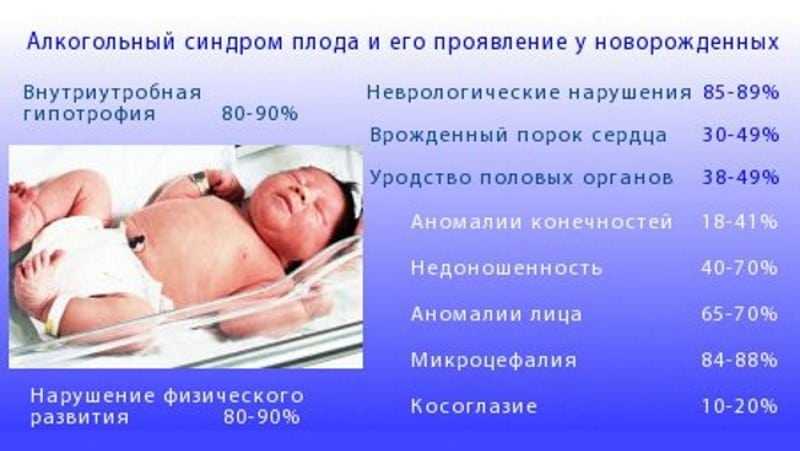 But this study only looked at short-term outcomes (not long-term effects that might not show up until childhood) and not fetal alcohol syndrome disorders (FASDs).
But this study only looked at short-term outcomes (not long-term effects that might not show up until childhood) and not fetal alcohol syndrome disorders (FASDs).
These studies represent two ends of the spectrum — one shows some scary possibilities about changed DNA, and the other suggests no ill effects. Most studies fall more in the murky middle, though.
For example, this 2014 study looked at 1,303 pregnant women in the United Kingdom and their alcohol consumption before pregnancy and during all three trimesters. Results suggested that drinking — even fewer than two drinks per week — in the first trimester increased risk of complications, like lower birth weight and pre-term birth.
And this research published in 2012 suggested that even light drinking in the early weeks could increase miscarriage risk, though the risk goes up with heavier drinking.
It might be accurate to look at all the information out there and say that very light drinking in very early pregnancy doesn’t always (or often) cause problems — but it could. And different people define “light” differently, adding to the confusion. So following CDC and NHS guidelines of no alcohol at any point is the safest option and the one that we recommend.
And different people define “light” differently, adding to the confusion. So following CDC and NHS guidelines of no alcohol at any point is the safest option and the one that we recommend.
There are a couple big concerns with drinking early in pregnancy: miscarriage and fetal alcohol syndrome disorders.
It’s an incredibly difficult reality that miscarriages are as common as they are. And even if you do everything by the book, the highest risk of miscarriage is in the first trimester — and it often happens due to issues outside of your control (like chromosomal abnormalities).
Numerous reliable sources and studies (like the one we mentioned above) mention that alcohol use in the first trimester may increase miscarriage risk. Why this happens isn’t entirely clear.
The other big risk is FASDs. Symptoms include:
- pre-term birth
- low birth weight
- neurological problems
- behavioral problems that show up later in childhood
- certain abnormal facial features (thin upper lip, small eyes, missing vertical crease between the nose and lips)
- cognitive difficulties
Here’s something to remember: in-utero human development doesn’t happen all at once. It happens over a 40-week period (more or less, but you know what we mean) and there are many contributing factors.
It happens over a 40-week period (more or less, but you know what we mean) and there are many contributing factors.
And while drinking at any stage of pregnancy should be avoided, both the American College of Obstetricians and Gynecologists and the Royal College of Obstetricians and Gynaecologists say harm from having a little alcohol before you knew you were pregnant is unlikely.
So if you drank alcohol before you realized you were pregnant, the important thing is that you stop now. Your tiny human’s brain has a lot of development yet to go.
Take your daily prenatal vitamin, maintain a healthy diet, avoid undercooked meats and raw or high-mercury fish, and keep your prenatal appointments — these are all wonderful things you can do to promote your baby’s health.
And while we’re on the topic of those prenatal appointments — talk to your doctor candidly about your concerns and let them know that you had alcohol early on.
If you feel uncomfortable chatting with them about things that may affect your pregnancy, find a new doctor.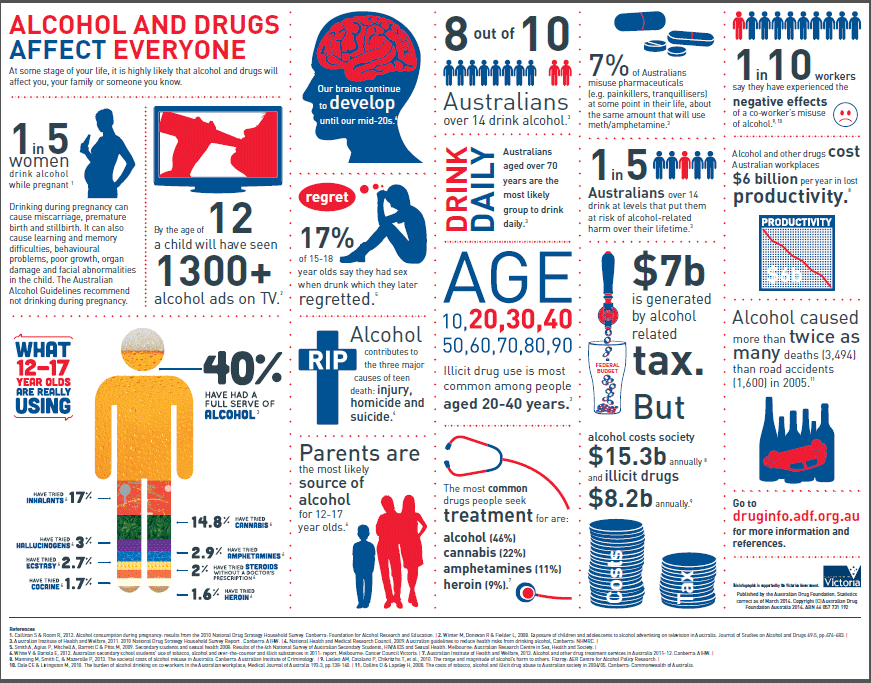 Being able to speak honestly about your health and the health of your baby during pregnancy is crucial to having a healthy, happy nine months.
Being able to speak honestly about your health and the health of your baby during pregnancy is crucial to having a healthy, happy nine months.
ALCOHOL AND PREGNANCY - Outpatient medical facility
The fact that you can not drink alcohol during pregnancy is known to most. However, different situations can arise in life: one woman is planning a pregnancy, continuing to drink alcohol on holidays in order to avoid uncomfortable questions; another drinks a glass of wine, unaware that she is already pregnant; the third during pregnancy cannot cope with the desire to drink beer, believing that "a little bit is possible." Let's look at these situations in more detail. nine0003
Alcohol consumption during pregnancy planning.
Alcohol is a toxin that adversely affects the human reproductive system. In women, alcohol consumption leads to disruption of the menstrual cycle and hormonal balance, which significantly affects the ability to conceive.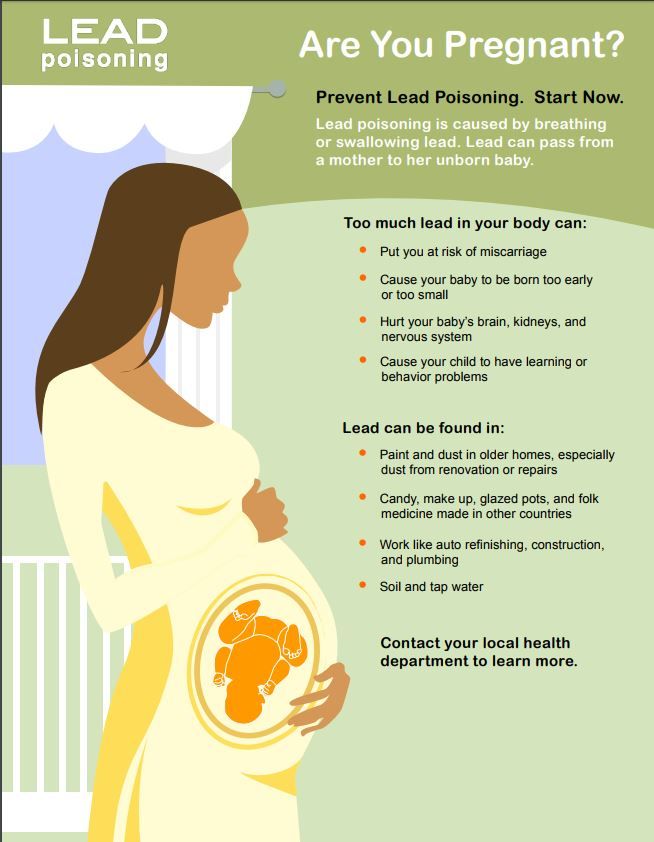 There are also opinions that even episodic alcohol consumption can have a negative effect on the eggs, leading to their inferiority. Also, alcohol consumption affects the male reproductive system, significantly reducing the number of sperm capable of fertilization. Therefore, a couple planning a pregnancy should stop drinking alcohol at least 3 months in advance in order to increase the likelihood of conception. nine0003
There are also opinions that even episodic alcohol consumption can have a negative effect on the eggs, leading to their inferiority. Also, alcohol consumption affects the male reproductive system, significantly reducing the number of sperm capable of fertilization. Therefore, a couple planning a pregnancy should stop drinking alcohol at least 3 months in advance in order to increase the likelihood of conception. nine0003
Drinking alcohol in the first weeks after conception.
Without a special examination, a woman usually discovers the fact of pregnancy at 3 weeks after conception, when the next menstruation does not come. By this time, the embryo has already firmly attached to the uterine cavity and began to receive nutrition from the mother's blood. If negative factors, including alcohol, affect him before the moment of attachment, then this will lead to his rejection and death, and he will simply leave the uterus with the next menstruation. Thus, a woman may not know that she was pregnant. nine0003
nine0003
According to most scientists, if alcohol did not disrupt the attachment process and the embryo continued to develop, then this would not lead to the formation of malformations in it. Thus, alcohol accidentally drunk during the first two weeks after conception will either lead to the termination of pregnancy or will not affect its further development.
Alcohol use in early pregnancy.
As mentioned above, as early as the 3rd week after conception, the embryo begins to come into contact with maternal blood. This means that all the substances in the mother's blood come to him. including ethyl alcohol. From the 3rd to the 13th week of development, the laying of all the main systems of the body of the unborn child occurs and the effect of alcohol no longer leads to rejection and death of the embryo, but to the formation of malformations and deformities of the nervous, cardiovascular, and digestive systems. nine0003
Alcohol use in late pregnancy.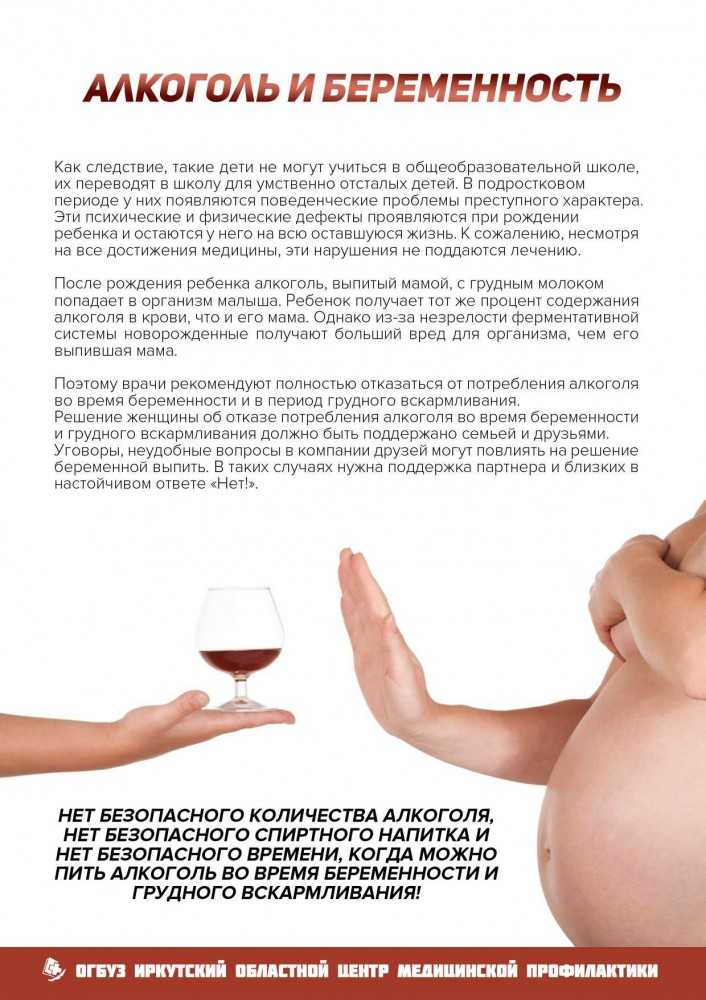
The negative impact of alcohol on the course of pregnancy is observed after the 13th week. Ethanol and its decay products lead to spasm of the vessels of the placenta and umbilical cord, impairing the delivery of oxygen and nutrients, leading to a delay in the development of the fetus, disruption of its nervous system and brain. A prolonged lack of oxygen can even lead to the death of a child. Violation of the nervous system in the prenatal period leads to problems in the later life of the child - such children have reduced stress resistance, problems in learning, in communication, a tendency to mental illness and alcohol consumption. nine0003
The systematic use of alcohol during pregnancy leads to the formation of fetal alcohol syndrome in a child - this is a complex of physical, mental and intellectual abnormalities in a child that cannot be treated.
Thus, alcohol and pregnancy are not compatible and it is necessary to refuse it at the planning stage.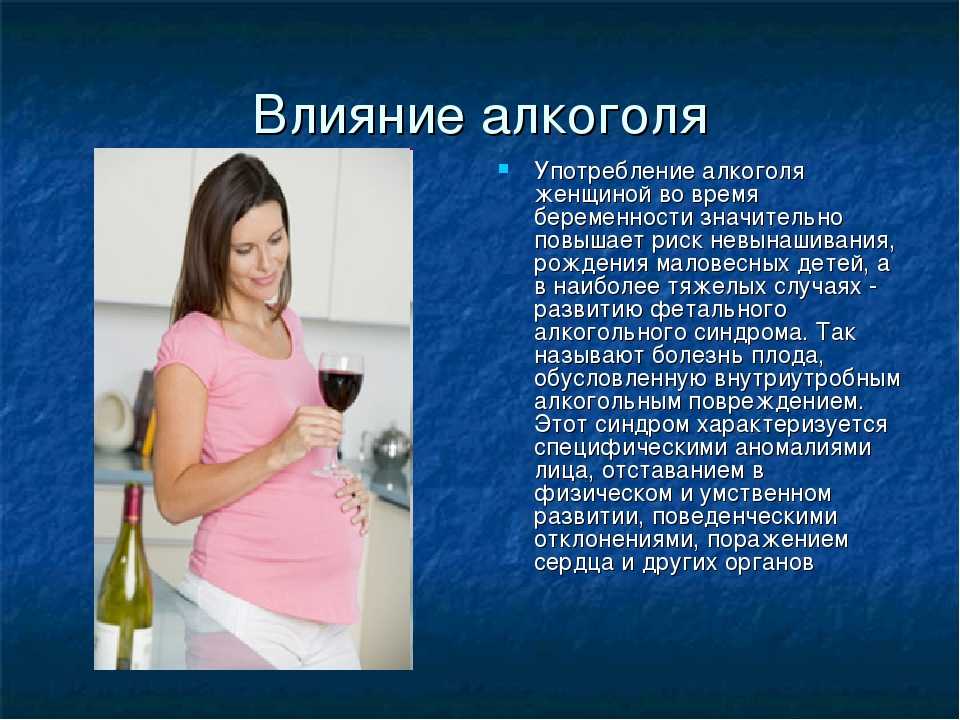
You need to understand that one glass of wine, drunk before 2 or after 13 weeks of pregnancy, most likely will not lead to disastrous consequences, but is it worth the risk? Remember that your child will “drink” half of this glass. nine0003
Ministry of Health of the Republic of Tatarstan
June 29, 2022, Wednesday
The label of all alcoholic beverages states that alcohol is contraindicated for pregnant and lactating women. And despite this well-known fact, there are still those who believe that when consumed in small amounts, there will be no harm. We asked the obstetrician-gynecologist of the antenatal clinic of the Central Clinical Hospital No. 18 named after. prof. K.Sh. Zyyatdinova Diana Sergeevna Shavalieva to answer the most common questions women have about alcohol and pregnancy. nine0003
-Is it possible to drink alcohol while conceiving a child?
-There are no clear and unequivocal conclusions in evidence-based medicine about the influence of lifestyle on conception, but there are significant factors affecting fertility, i.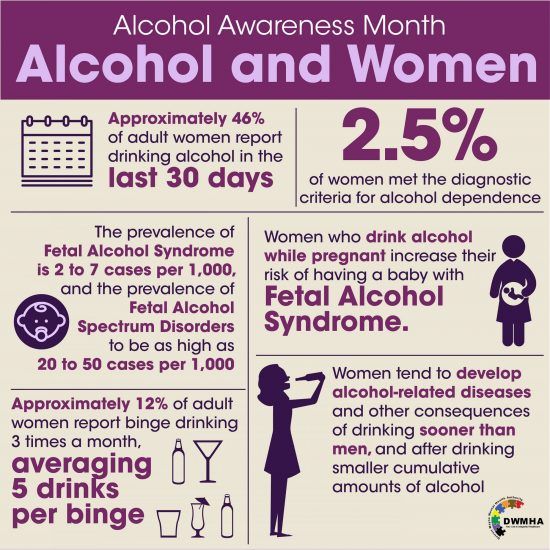 e. the ability to conceive, bear and give birth to a healthy child. Some of them are drinking and smoking. Every pregnancy must be planned. Therefore, we recommend at least three months before the planned onset of pregnancy to give up bad habits - to exclude alcohol and smoking. nine0003
e. the ability to conceive, bear and give birth to a healthy child. Some of them are drinking and smoking. Every pregnancy must be planned. Therefore, we recommend at least three months before the planned onset of pregnancy to give up bad habits - to exclude alcohol and smoking. nine0003
- How does alcohol affect the course of pregnancy?
- Excessive or regular drinking by the expectant mother puts the fetus at the greatest risk of developing serious problems. Alcohol easily passes from the mother's bloodstream into the baby's bloodstream, which can affect the development of the brain and other vital systems of the baby's body, which will lead to the formation of malformations, brain damage and associated behavioral and mental development disorders after birth. Born children have a weakened immune system and are more susceptible to various diseases, and also have an innate predisposition to alcoholism. Pregnancy in women who drink alcohol can proceed with the threat of interruption, be accompanied by fetal growth retardation, low birth weight, and the risk of preterm birth increases.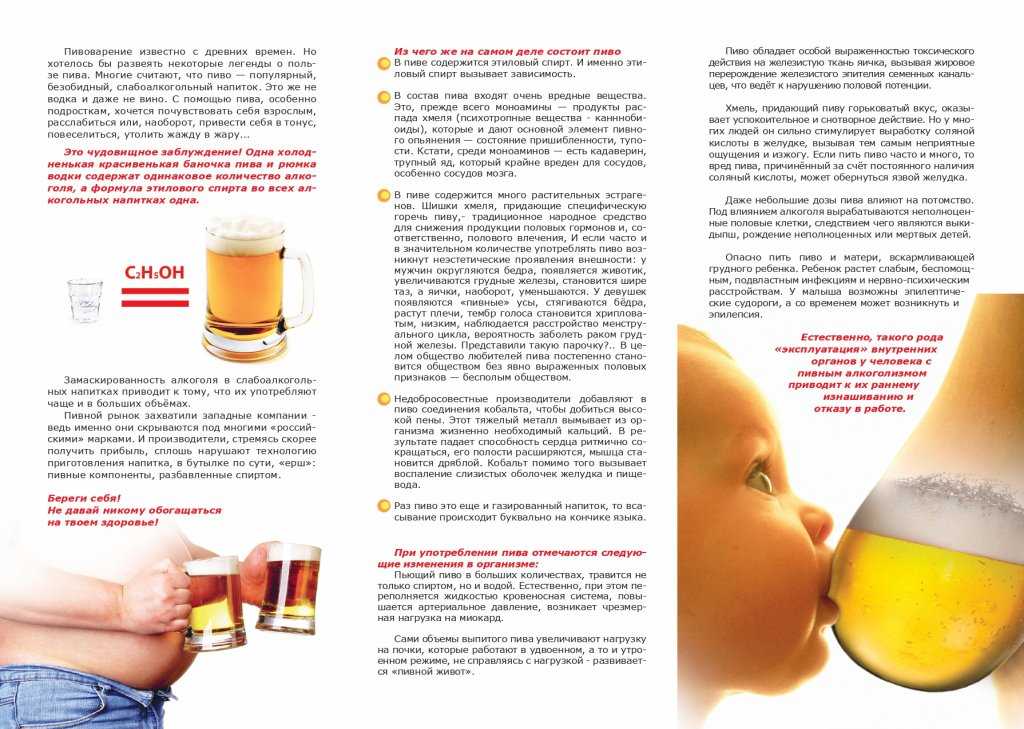 nine0003
nine0003
-What should I do if a woman has consumed alcohol in the first weeks after conception without knowing her condition?
-If it happened that you drank alcohol in the first two weeks after conception (i.e. before the delay in menstruation), drinking alcohol can not harm the fetus, because. the placenta is not formed and alcohol from the mother's bloodstream cannot get to the embryo. But alcohol can prevent the attachment of the fetal egg to the walls of the uterus, which will lead to the termination of a barely begun pregnancy, which the woman most likely will not know about. nine0003
- There is such a thing as fetal alcohol syndrome. Please explain what it is and how it affects the fetus and the pregnant woman.
- Fetal alcohol syndrome is a symptom complex of abnormalities in the mental and physical development of a child, caused by a woman drinking alcohol before and during pregnancy, which first appear at the birth of a child and will remain with him for life.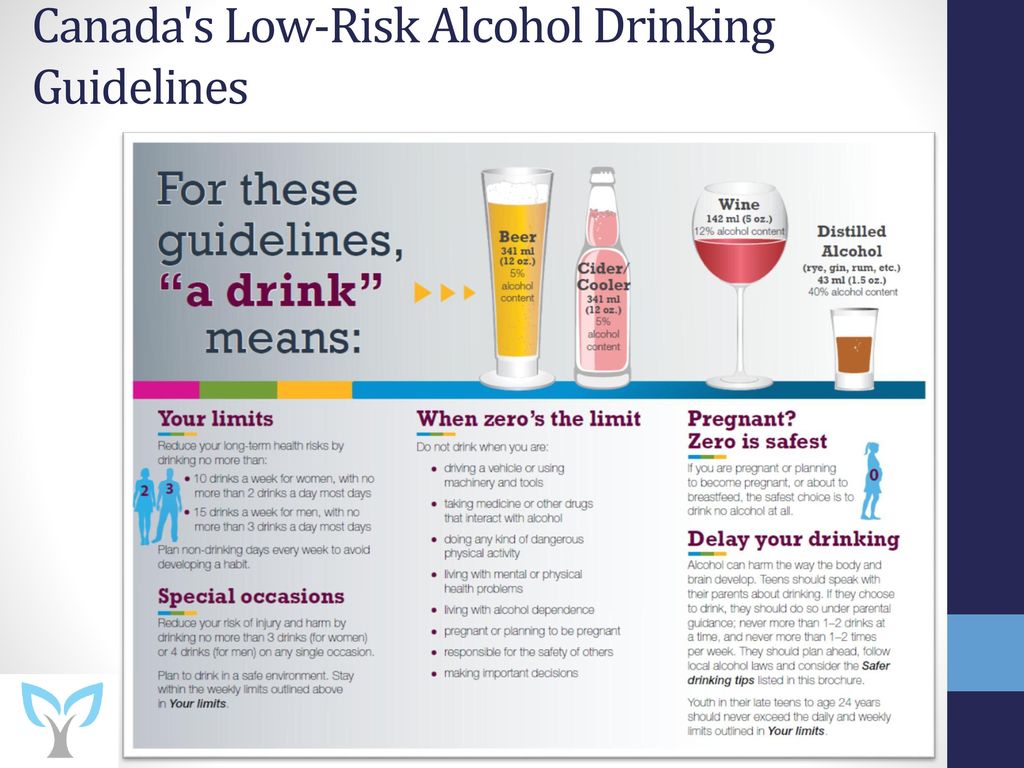 Children with fetal alcohol syndrome lag behind in height and weight, have characteristic facial features (short and narrow palpebral fissure, wide and flat bridge of the nose, thin upper lip, reduction of the upper or lower jaw, etc.), problems with hearing and vision, with memory and attention, learning difficulties at school, control their emotions and behavior worse, may commit antisocial acts and need social protection and medical support. Complications of fetal alcohol syndrome are intrauterine fetal death, prematurity, fetal malformations incompatible with life. Sometimes children are born in a state of alcohol withdrawal, which manifests itself in the first hours of a child's life with tremor, vomiting, convulsions, respiratory arrest. There is no cure for fetal alcohol syndrome. It can only be prevented - by the timely refusal of alcohol by the expectant mother. nine0003
Children with fetal alcohol syndrome lag behind in height and weight, have characteristic facial features (short and narrow palpebral fissure, wide and flat bridge of the nose, thin upper lip, reduction of the upper or lower jaw, etc.), problems with hearing and vision, with memory and attention, learning difficulties at school, control their emotions and behavior worse, may commit antisocial acts and need social protection and medical support. Complications of fetal alcohol syndrome are intrauterine fetal death, prematurity, fetal malformations incompatible with life. Sometimes children are born in a state of alcohol withdrawal, which manifests itself in the first hours of a child's life with tremor, vomiting, convulsions, respiratory arrest. There is no cure for fetal alcohol syndrome. It can only be prevented - by the timely refusal of alcohol by the expectant mother. nine0003
- What advice would you give to a couple planning a pregnancy?
-There is no safe amount of alcohol during pregnancy.
